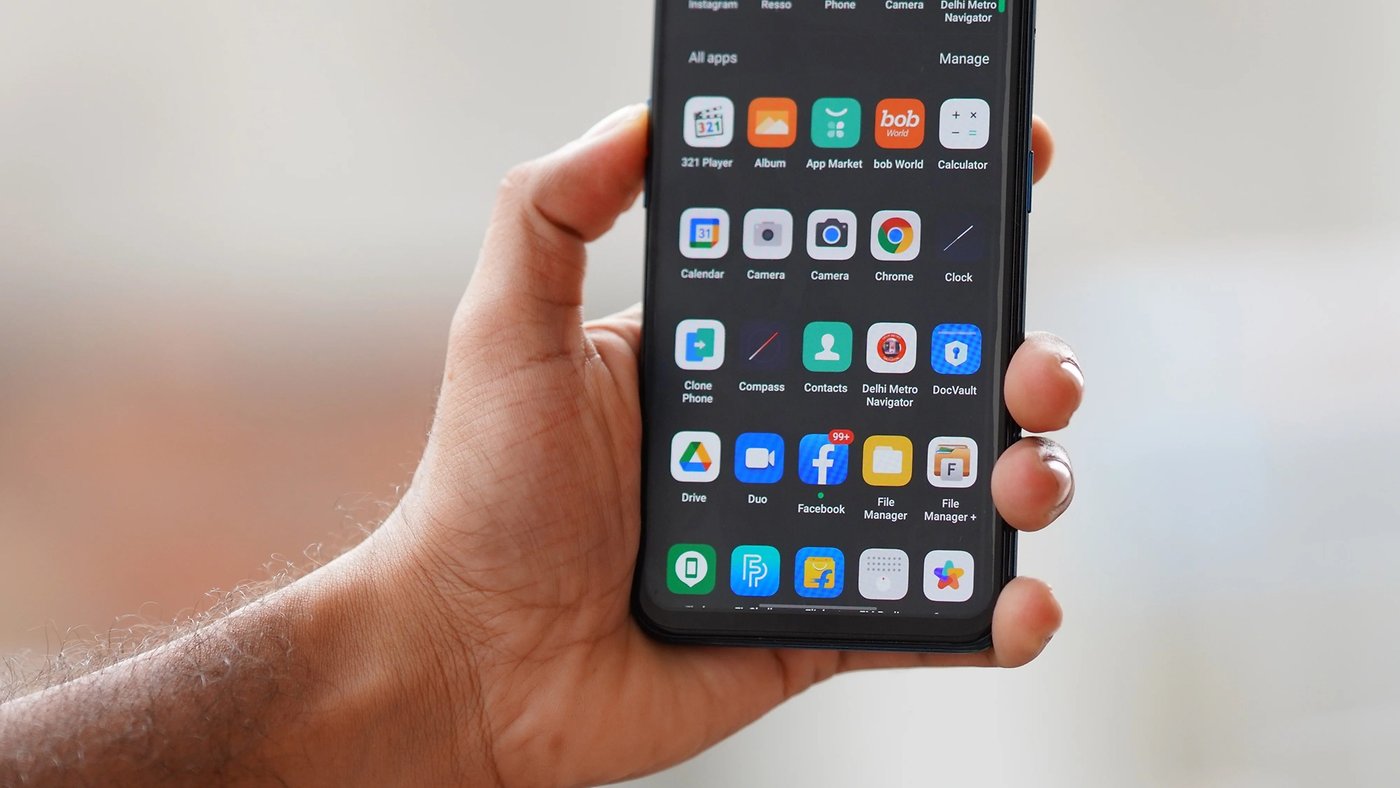VERONA — Augusta County’s bell-to-bell cell phone ban for schools will take effect in the second semester, although it was unclear if that will begin with the first day of classes in January or later in the semester. Superintendent Eric Bond said the school staff would begin notifying families soon.
The school board approved the ban on cell phones at its November meeting and asked staff to return with a policy in December. Assistant Superintendent Miranda Ball presented that policy at its latest meeting, Thursday, Dec. 5, and the board approved it 5-0. David Shiflett and Tim Simmons were absent.
The policy defines bell-to-bell as the time between the first bell ringing at the start of the school day to begin instructional time until the dismissal bell rings at the end of the academic school day. The new policy will include a ban on cell phones during lunch and the time in between class periods.
The actual wording of the policy is a restriction on personally-owned electronic devices (PEDs), meaning any personal device capable of connecting to a smartphone, the internet, a cellular or Wi-Fi network, or another similar device.
That may include wearable devices such as smartwatches, personal headphones, earbuds, laptops, tablets and other Bluetooth-enabled devices. The ban also includes cell phones that are non-smartphones that can only make phone calls or send text messages.
The policy has slightly different wording for different age levels. Elementary school students are not allowed to use PEDs within the school building or on school grounds. The bell-to-bell policy applies to middle school students, but school administrators have the discretion to extend the times to between student arrival and student exit during the conventional school day. In high school, students can’t use their PEDs from the first bell to the last bell.
If a student does bring the phone to school, it must be turned off and stored during the school day. The policy defines “stored” as “not being carried on the student’s person, including not in the student’s pocket. Storage options include, but are not limited to, in the student’s backpack, in the student’s locker, in a locked pouch, or in a designated place in the classroom.”
Non-compliance may result in student disciplinary action.
Students may use their PEDs on the school bus.
As for communicating with students during the school day, parents, educators and all co-curricular and extra-curricular sponsors must use school-based communication tools and channels.
While the ban doesn’t extend to staff and other school personnel, the policy states that staff members are expected to model behaviors that are consistent with a PED-Free education.
“Staff/School personnel may use PEDs during planning times, breaks, and for essential communication regarding school-related issues,” the policy reads.
Exemptions to the policy include use of a PED if it is written into educational plans, including a 504, IEP, and/or individualized health care plans. All individualized healthcare plans that include PED usage must be written in consideration of recommendations from a doctor or equivalent healthcare professional.
Also, the policy states that a student may use a PED for audio or video recording during a health or safety emergency.
If a high school student travels to a different campus, facility, or regional program during the school day, they must adhere to that building’s policies and procedures regarding PEDs.
There was some concern among the school board members that the policy didn’t include exceptions that it should.
Riverheads District representative John Ward said he was recently made aware that occasionally students need to complete financial forms using their cell phones. He specifically mentioned GRASP, an organization that works with students to obtain funding for post-secondary education. Ward said those students sometimes have to use their cell phone to get a personal identification number to complete forms.
“My personal feeling is common-sense rules,” Ward said.
North River representative Sharon Griffin said that there may be other exceptions that the board hasn’t considered.
Ball said she would address those concerns in the policy.
“We’ll add a bullet related to high school students have the option for post-secondary planning activities or other age appropriate applications as approved by their principal,” Ball said after the meeting.
More:Fire in Saint Mary’s Wilderness increases to 1,900 acres
More:Augusta cattleman wins honors, Salatin not likely to join Trump admin: THE DIGEST
— Patrick Hite is a reporter at The News Leader. Story ideas and tips always welcome. Connect with Patrick (he/him/his) at phite@newsleader.com and on Instagram @hitepatrick. Subscribe to us at newsleader.com.

